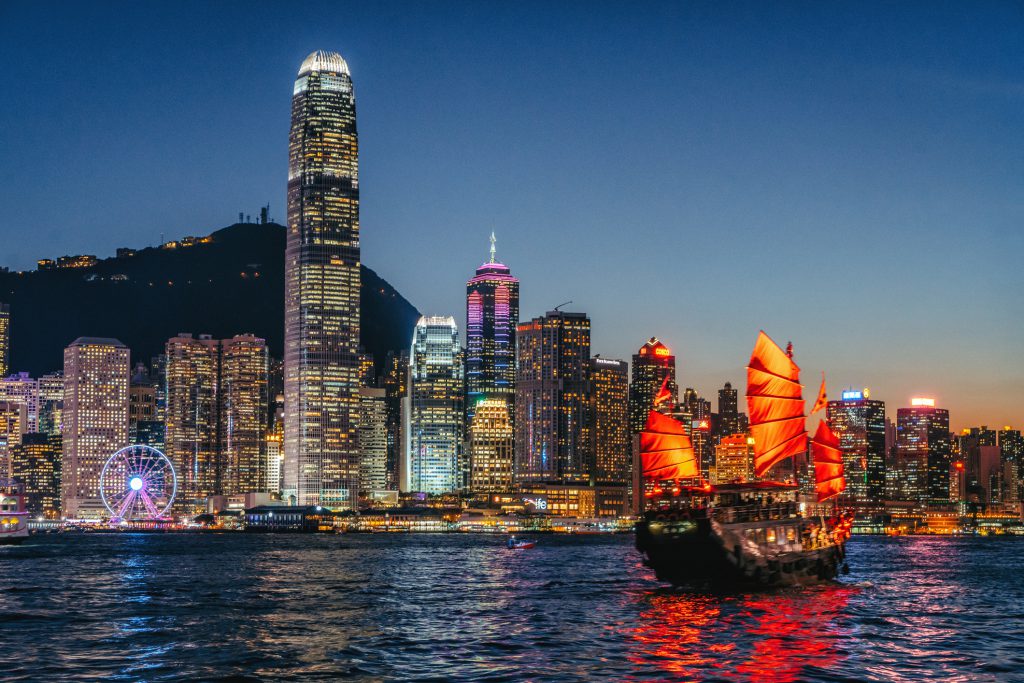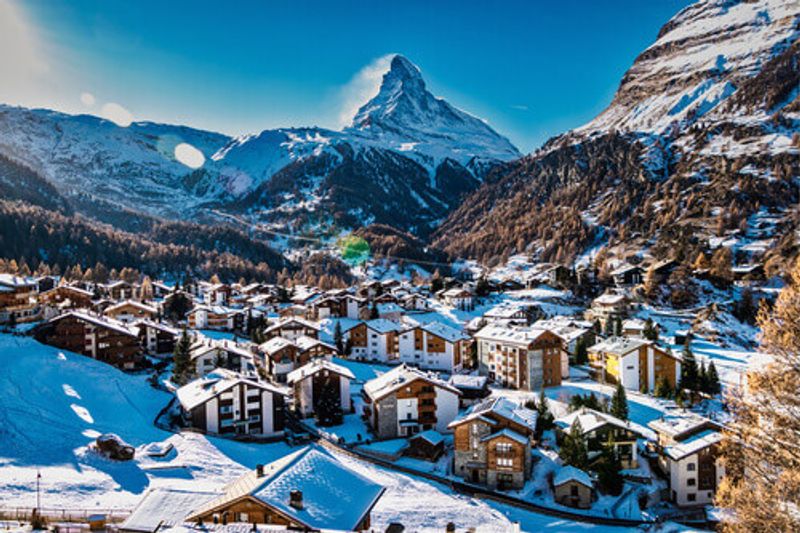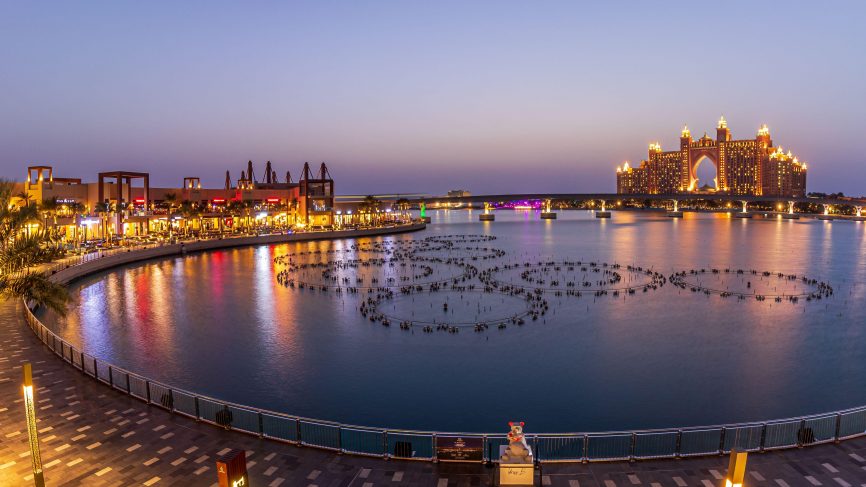The World's Most Expensive Cities During Covid 19-20

According to The Economist Intelligence Unit (EIU), COVID-19 pandemic has changed the cost of living of various cities around the world. In 2020, Coronavirus pandemic has reshuffled rankings of the world's most expensive cities. Paris, Zurich and Hong Kong are on the top spot and remained most expensive places in the world to live in. The two other European cities Geneva (7) and Copenhagen (9) are featuring in the top 10 with Singapore. While Tel Aviv, Osaka, New York and Los Angeles completing it.
The World's most expensive cities to live 2020 in the EIU's listing are: -
1. Paris
2. Zurich
3. Hong Kong
4. Singapore
5. Tel Aviv
6. Osaka
7. Geneva
8. New York
9. Copenhagen
10. Los Angeles
Last year Singapore and Japan's Osaka which occupied the top spot with Hong Kong, have become less expensive because of an exodus of foreign workers, which has led to a decline in demand and thus prices. The government in Japan has also subsidized costs such as public transport.
Read more: Cinema on water: Paris introduces floating movie theatre with socially distant boats
The epidemic has led to the weakening of the US dollar while the north Asian and western European currencies have bolstered against the greenback.
This caused a shift in the prices of goods and services. Asian cities, in the last few years, have usually dominated the rankings, but the COVID-19 crisis has reshuffled the rankings this time.
Over the past year although prices for most goods and services were "fairly flat", some categories were impacted by the coronavirus crisis, the EIU said in its report, adding the cost of essential products, for instance, food and water stayed "resilient," but clothing prices plummeted due to low demand as most non-essential shops were closed for several weeks during lockdowns.
"Supply-chain problems have also had different impacts on different goods, pushing up the price of high-demand products such as computers in some cities," the report noted.
Prices of consumer staples have remained stable overall, but prices of alcohol and tobacco have risen with the latter reporting the highest-year-on-year increase for any non-durable goods.
Other than tobacco, prices of recreational items and services — books, consumer electronics — have seen the steepest average increase.
Tehran, Perth and Guangzhou were the biggest climbers in the index compared to last year but remain at the 79th and a joint 62nd place respectively.
In the case of the Iranian capital, which jumped 27 places year-on-year, prices were impacted by US sanctions that have impacted by the supply of goods.
The Icelandic capital, Reykjavik, Sao Paulo and Rio de Janeiro were the cities to have fallen down the ranking the most. Latin America has been hit hard by currency weakness and rising poverty levels.
The city's which have the lowest cost of living are Syria's Damascus, Uzbekistan's Tashkent, Zambia's Lusaka and the Venezuelan capital, Caracas.
The Economist Intelligence Unit expects price trends to remain similar in 2021, as the global economy is unlikely to return to pre-pandemic levels until 2022.










.jpg)





